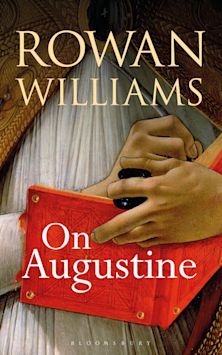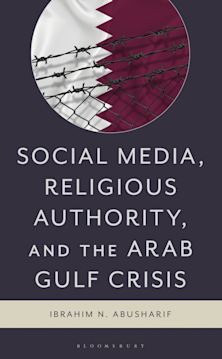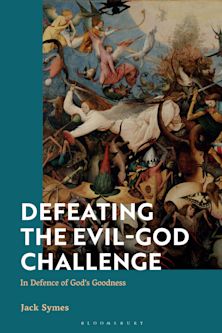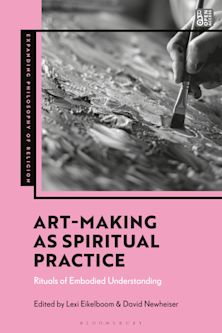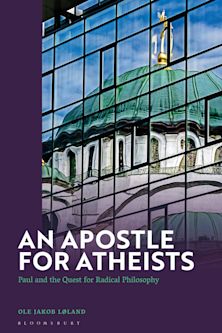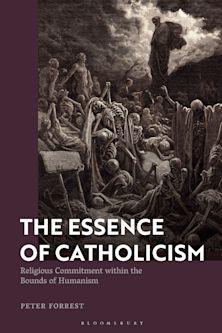Will Humanity Survive Religion?
Beyond Divisive Absolutes
Will Humanity Survive Religion?
Beyond Divisive Absolutes
This product is usually dispatched within 1 week
- Delivery and returns info
-
Free CA delivery on orders $40 or over
Description
When the “human sciences” in the West followed the physical sciences in the 18th and 19th centuries with new measurements, methods, and language, the “metaphysics of infinity” lost its credibility. The response of Western religions was to retrench in a stronger authoritarianism, especially by the last half of the 19th century. While the new human sciences were being extended even to study the history and philosophy of religions, those religions themselves placed more emphasis on their understanding of the Absolute or Unquestionable. That split became a burden both to those who were religious and to those who were not.
Here, W. Royce Clark argues that humanity’s survival may depend on the development of a universal or inclusive ethic in which religions move beyond their Absolutes. Clark poses the sharp challenge: Are religious communities ready to abandon the foundations that until now they have insisted were the only adequate foundation for ethics?
Table of Contents
Chapter 1. Religion's Divisive Burden as Absolutism in a Scientific and Pluralistic Age
Chapter 2. The Absolute's Divisive Burden in Segregating Humanity
Chapter 3. Inflexible Faith in the Absolute: The Burden of the Loss of Self
Chapter 4. The Absolute and its Burden of Miracles, Mystery, and Authority
Chapter 5. Fantasy vs. Reality: The Burden of Reason's Limits
Chapter 6. Inhumane Faith: The Burden of Death as Evil or as Divine Punishment
Chapter 7. The Burden of Religion's Historical/Mythical Claims and the Slippage of Categories
Chapter 8. The “Ugly Ditch”: The Burden of Historical Data's Dead End
Chapter 9. That Same “Ditch”: The Dead End of the Historical/Mythological
Chapter 10. The Greatest Burden “After Auschwitz”: The Dead End of God as a Historical Liberator
Chapter 11. Conclusion and Challenges
Product details
| Published | Jun 22 2020 |
|---|---|
| Format | Hardback |
| Edition | 1st |
| Extent | 552 |
| ISBN | 9781978708556 |
| Imprint | Fortress Academic |
| Dimensions | 229 x 159 mm |
| Publisher | Bloomsbury Publishing |
Reviews

ONLINE RESOURCES
Bloomsbury Collections
This book is available on Bloomsbury Collections where your library has access.











